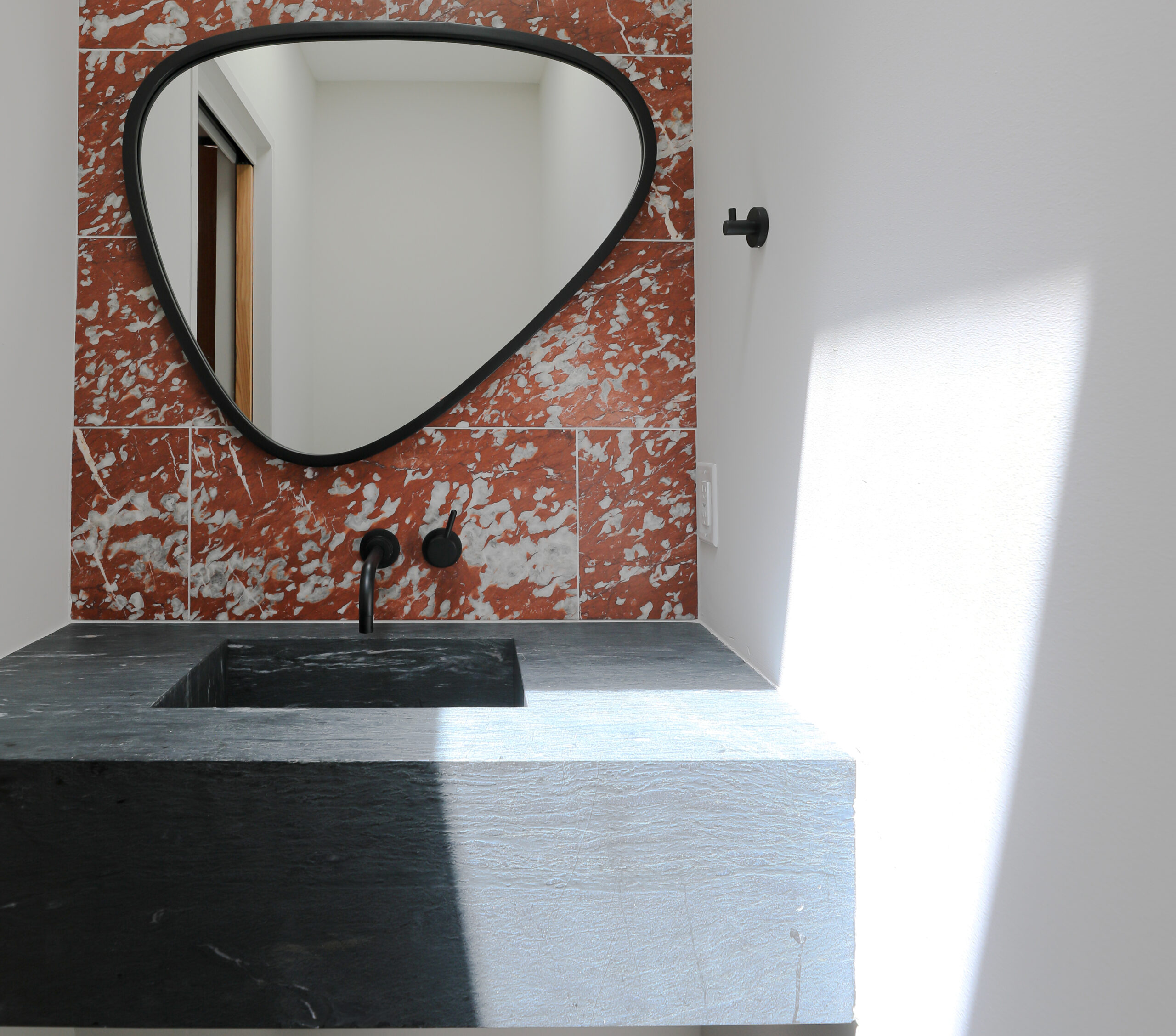
SOAPSTONE
In the realm of kitchen design, countertops play a crucial role in both functionality and aesthetics. Among the myriad of options available, soapstone countertops have garnered attention for their unique blend of durability, versatility, and natural beauty. Quarried from the earth’s depths, soapstone has been utilized for centuries due to its exceptional properties.
Soapstone is a metamorphic rock derived from talc-rich minerals. It is primarily composed of talc, along with varying amounts of other minerals such as magnesite, chlorite, and dolomite. This unique composition gives soapstone its remarkable properties. Soapstone countertops are renowned for their exceptional durability. They possess remarkable heat resistance, making them particularly suitable for kitchen environments. Unlike other materials, soapstone can withstand high temperatures without the risk of cracking or scorching. This attribute allows for direct placement of hot pots and pans on the surface without the need for trivets or hot pads.
Soapstone evolves over time, developing a rich patina that adds character and depth. This aging process enhances its appeal, making it a unique feature of the kitchen. Whether utilized in traditional or contemporary designs, soapstone countertops seamlessly integrate into the overall aesthetic, serving as a stunning focal point.
natural stone engineered stone porcelain slabs collections sinks
